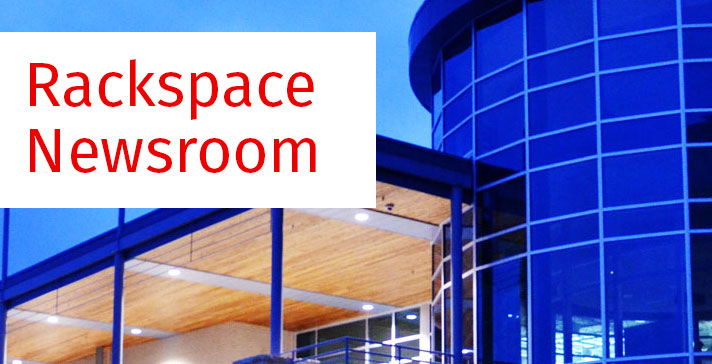Rackspace Private Cloud now on OpenStack® Grizzly


On Wednesday 26th June, we announced our latest version of the Rackspace Private Cloud Software now built on the recent stable release of OpenStack Grizzly. Grizzly is the seventh and latest version of OpenStack based on the alphabetical naming of releases and includes more than 230 new features to support production operations at scale and integrate into enterprise environments. Previous releases include Diablo, Essex and Folsom.
The latest version of the Rackspace Private Cloud, fueled by Grizzly adds a number of new features that allow you to manage virtual networks, use single sign-on and leverage external storage arrays, all in your private cloud environments. Other features include: Active Directory and LDAP integration; Openstack Networking for creating and modifying virtual networks, and advanced block storage support.
OpenStack Networking, one of the most exciting new features, codename Neutron (formerly known as Quantum) will now allow you to create, edit and delete virtual networks for private cloud environments. With the new functionality, you can create virtual networks within your environments to isolate virtual machines within private clouds. This powerful feature allows you to run multiple virtually segregated environments within the same cloud. For example, if the finance department requires isolation from the rest of the cloud, it can use this feature to put boundaries around its virtual machines to ensure that no one else outside of that department can access its compute resources.
Another new feature, Active Directory and LDAP support, comes integrated with OpenStack Grizzly and eliminates the hassle of managing a separate list of users and passwords to access to the private cloud resources. With this capability, users who access the private cloud can do so by using their single sign-on or corporate user account. We now also include Ceilometer as part of this release. This allows you to view data exposed from Ceilometer, such as network utilisation from a given VM, the size of a given cinder volume or the duration of a given Neutron subnet.
Lastly, the addition of block storage support enables you to utilise external storage arrays from EMC, NetApp and SolidFire within your Rackspace Private Cloud environments. Using the OpenStack Block Storage project and drivers written specifically for these external storage platforms boosts the available storage capacity in your cloud environment, by attaching enterprise storage arrays. This can then be used to store the data, virtual machines and images required to operate the private cloud. You can then also make use of the advanced features that are available on the array - these features will differ based on the platform, but could include powerful capabilities such as de-duplication and replication.
Since the initial launch of Private Cloud Software in August 2012, thousands of you in more than 150 countries and on all seven continents – even Antarctica! – have downloaded it. Around the world, businesses are seeing the value of private cloud, as part of a hybrid cloud solution, which creates a perfect mix of private cloud, public cloud and dedicated bare metal servers, creating the best fit for your application. By understanding the value in adding the right workloads and applications on the best platforms, businesses are able to maximise total cost of ownership, reliability, performance and security.
Alongside the latest release of our Private Cloud Software, we also offer two different tiers of support: Core Software Support and Software Escalation Support. We take the lessons we have learned from running the largest OpenStack-powered cloud in the world to help you design, deploy and operate your private cloud, either on-premise in your data center or hosted in a Rackspace data center of your choice.
To check out and download the latest version, go to the Features page via www.rackspace.co.uk/private-cloud. We'd love to hear your feedback so be sure to drop us an email at rpcfeedback@rackspace.com or join the conversation in the Private Cloud forums.
